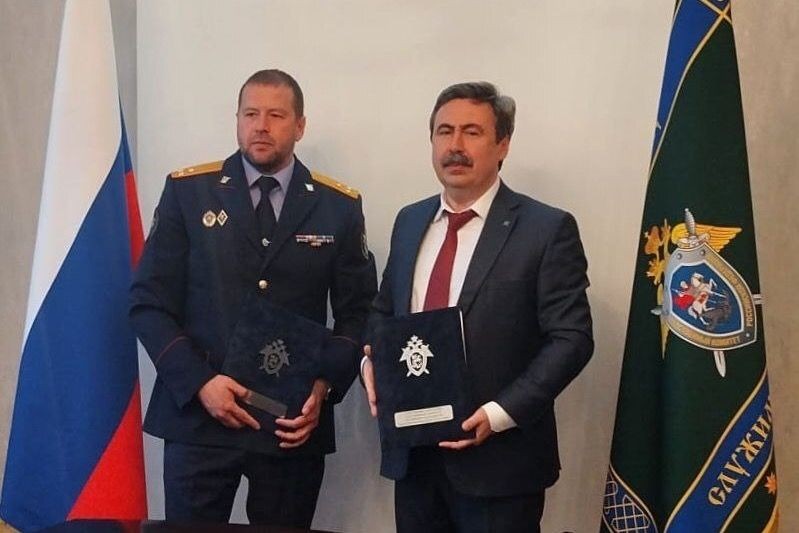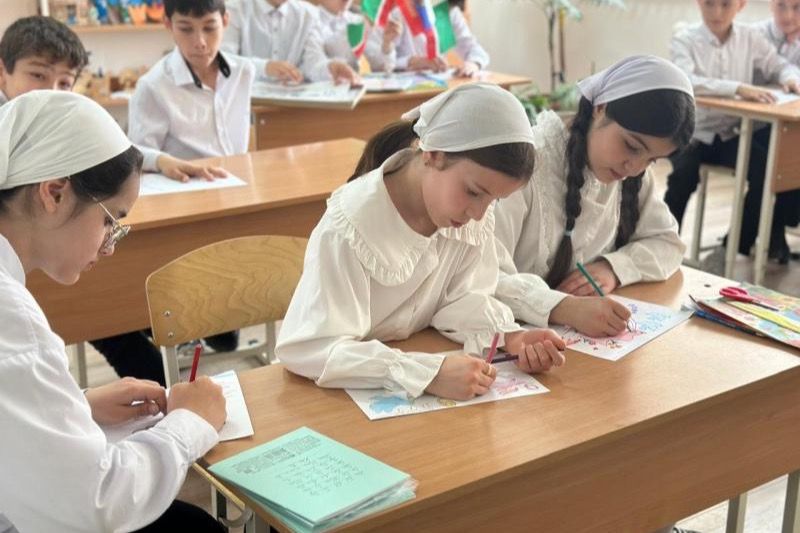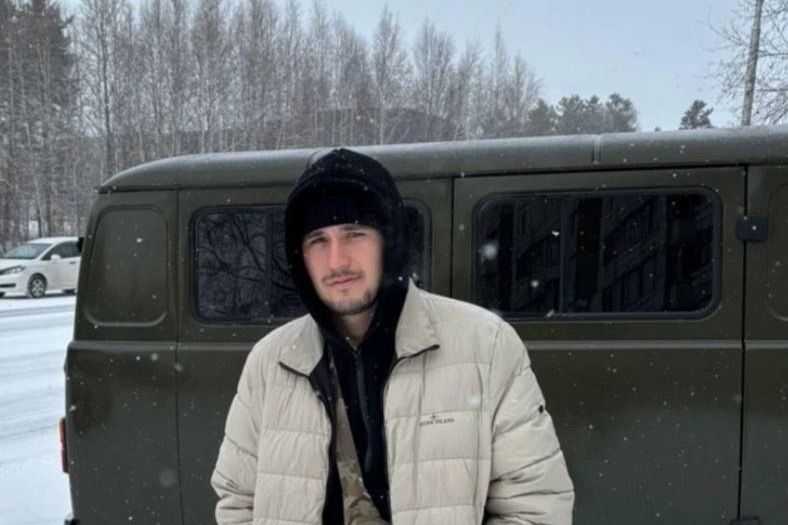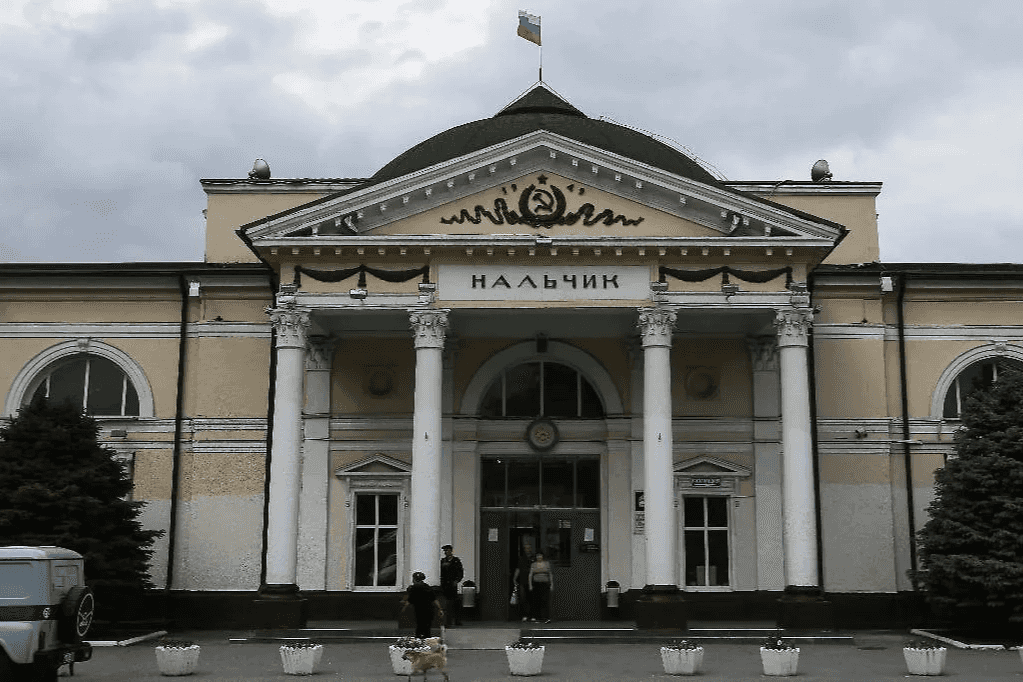Russian Investigative Committee to give law enforcement classes in Kabarda–Balkaria schools

Russia’s Investigative Committee has signed an agreement with Kabarda–Balkaria’s Education Ministry to launch specialised cadet classes in 10 schools in the republic. Graduates of the classes will be expected to work in Russia’s security services.
According to the republic’s local Investigative Committee and Education Ministry, pupils in the classes will receive special training courses, take part in ‘courage classes’, meet with ‘veterans of the investigative service’, and receive ‘practical experience’ under the guidance of serving investigators.
The project is being implemented within the framework of the ‘Concept for the development of specialised cadet education of the Investigative Committee of the Russian Federation’, the organisers stated.
Supporters of the initiative, including representatives of the Investigative Committee, have described it as ‘investment’, expecting that graduates of these classes will be able to join the security services already ‘from the school desk’. According to the regional directorate of the department, the project is aimed at ‘early career guidance’ and preparing schoolchildren for future work in the security services. It has not yet been specified what age pupils will be eligible for the new programme.
‘These are not just new classes, they are a strategic investment in our future,’ the head of Kabarda–Balkaria’s Investigative Department within the Russian Investigative Committee Andrey Fishman said.
‘We want to educate children in the spirit of loyalty to the law and justice, so that from their school years they understand the high mission of serving their country.’
The Education Ministry has not specified whether participation in these classes will be voluntary.
Three cadet schools operate in Kabarda–Balkaria with a total of 380 pupils. Another 21 classes related to the subject exist in eight schools, covering around 600 children. These include cadet classes, classes related to the National Guard, the Ministry of Emergency Situations, and the Border Directorate of the Federal Security Service (FSB).
In addition, a Cossack class with 23 pupils has been opened in the Maisky district, while a Cossack component has been implemented in two classes in the same district.
The last time the opening of such a class was reported was in October. At that time, at school No. 28 in Nalchik, fifth-grade students, approximately 11 years old, were ceremonially initiated as cadets of a Border Service orientation.











